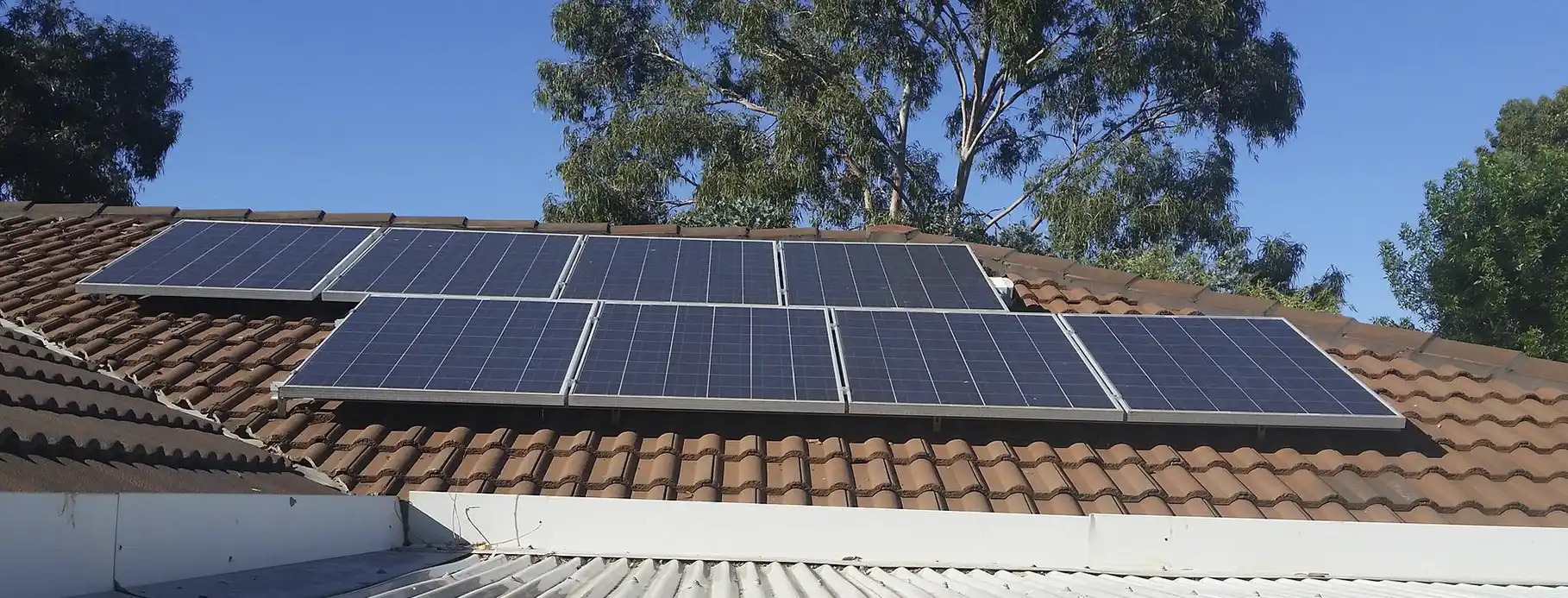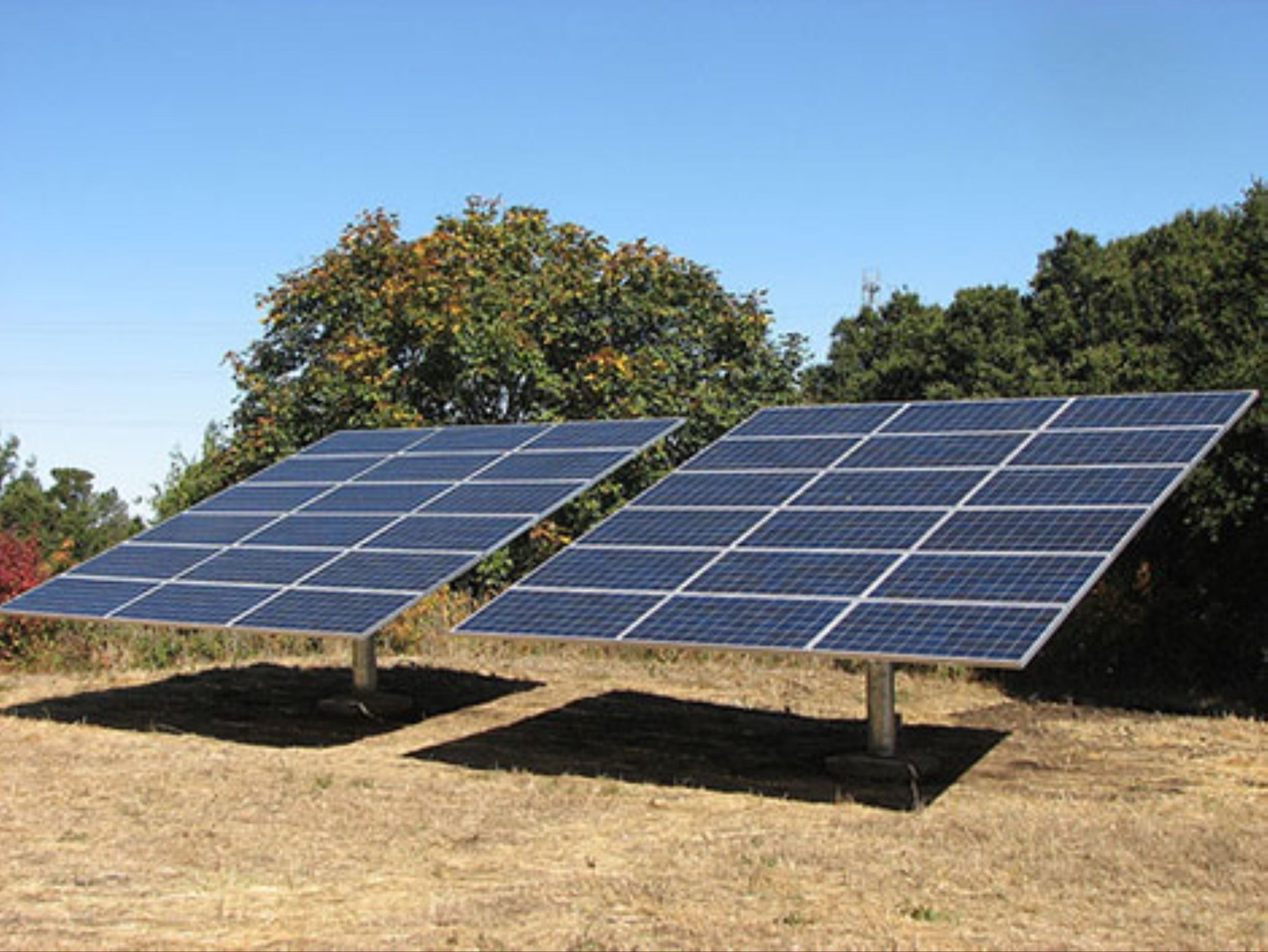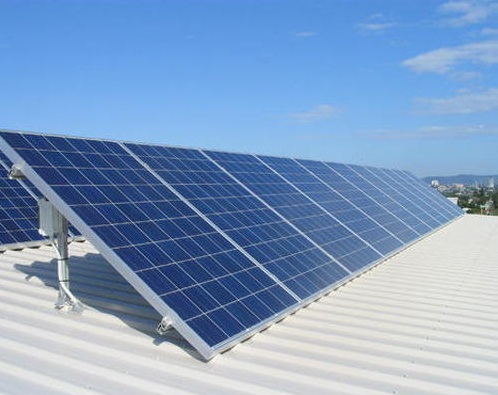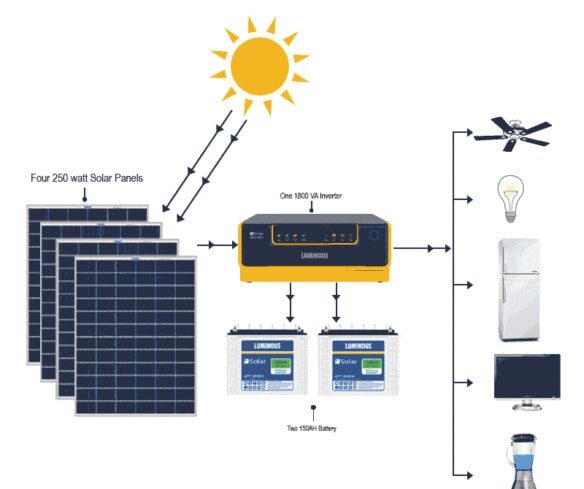A Comprehensive Guide to a 10 kW Solar energy System in India
As the world increasingly turns towards renewable energy, solar power stands out as a highly effective and sustainable option. For Indian households and businesses, a 10 kW solar system offers a robust solution to significantly reduce electricity costs while contributing to a greener planet. In this guide, we will delve into the specifics of a 10 kW solar system, its benefits, and how to get the most out of your investment in India.
Understanding a 10 kW solar energy System
A 10 kW solar system is capable of generating around 40-50 kWh of electricity per day, depending on factors like location, weather conditions, and panel efficiency. This system is ideal for large households, small businesses, and even some commercial applications. It typically requires around 60-70 square meters of shadow-free space for installation.
Benefits of a 10 kW solar energy System
- Significant Cost Savings: By producing your own electricity, you can drastically reduce or even eliminate your monthly electricity bills. Over time, the savings can be substantial, offsetting the initial investment in the solar system.
- Environmental Impact: Solar energy is clean and renewable, reducing your carbon footprint and contributing to the fight against climate change. A 10 kW system can offset approximately 15,000 kg of CO2 annually.
- Energy Independence: With a solar power system, you become less reliant on the grid, providing you with energy security, especially in areas prone to power outages.
- Increased Property Value: Properties equipped with solar panels often see an increase in value, as more buyers seek energy-efficient and eco-friendly homes.
Key Components of a 10 kW Solar System
- Solar Panels: The core of the system, converting sunlight into electricity. For a 10 kW system, around 25-30 high-efficiency panels are typically required.
- Inverter: Converts the direct current (DC) produced by the solar panels into alternating current (AC) used by your home or business.
- Mounting Structure: Provides support and optimal positioning for the solar panels.
- Battery Storage (optional): Stores excess energy produced during the day for use at night or during power outages.
- Monitoring System: Allows you to track your system’s performance and energy production in real-time.
Cost of a 10 kW solar energy System in India
The cost of a 10 kW solar system in India can vary based on factors such as the quality of components, installation complexity, and additional features like battery storage. On average, the price ranges from INR 5,00,000 to INR 7,00,000. It’s important to consider long-term savings and government incentives when evaluating the cost.
Government Incentives and Financing Options
The Indian government offers several incentives and subsidies to promote the adoption of solar energy. These include:
- Subsidies: Central and state governments provide subsidies for residential solar installations, which can significantly reduce the upfront cost.
- Net Metering: Allows you to export excess electricity back to the grid and receive credits on your electricity bill.
- Tax Benefits: Accelerated depreciation and tax rebates for commercial solar installations.
For more details on government incentives, you can visit the Ministry of New and Renewable Energy (MNRE) website.
Installation and Maintenance
Choosing a reliable and experienced solar installer is crucial for the successful implementation of your 10 kW solar system. Regular maintenance, such as cleaning the panels and checking the inverter, ensures optimal performance and longevity.
At SolarUrjaa, we offer comprehensive installation services and ongoing support to ensure your solar system operates efficiently for years to come.
Conclusion
Investing in a 10 kW solar system in India is a smart choice for those looking to reduce energy costs, contribute to environmental sustainability, and achieve energy independence. With the right planning, government incentives, and professional installation, your solar system can provide significant benefits for decades.
For more information on solar systems and to get a quote, visit SolarUrjaa.
Read More-8 kW Solarurjaa Solar System
Read More-5kW Solar System















